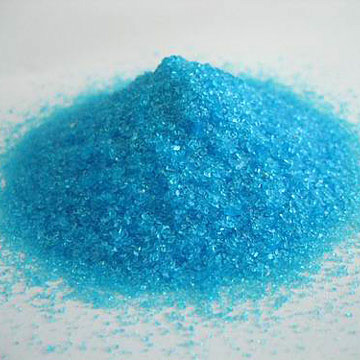In the modern day we are lucky because so many foods can be stored and kept for a long time. Advancements in preservatives and storing methods make it easy for us to enjoy perishable foods with a longer shelf life than they normally have – saving us money in the long run! The issue is that many people have preservative allergies and find themselves sick or uncomfortable when they ingest any foods with preserving ingredients. In addition to allergies, many experts believe that preservatives are capable of causing a whole host of issues from immune to mood, so looking at this aspect of your family’s diet is a good idea.
Here are a few of the most common food preservative allergies…
MSG (Monosodium Glutamate)
MSG allergies are increasingly popular which is troublesome because of how many foods it appears in. Used as a ‘flavor enhancer’, the extremely salty MSG chemical is also used as a preservative in the same way that sodium is used. Most modern MSG is not directly derived from plants. Allergic reactions to MSG can range anywhere from skin rashes and breakouts to migraines and mood swings.
Sulfates
Sulfates are used to preserve many dried fruits and some canned foods. This additive can aggravate other allergies and asthma, cause hives, and even result in anaphylaxis.
Antioxidants
Although most of us think of good things when we hear the term antioxidants, they can be troublesome when not natural. Antioxidants are added to foods to slow down the oxygenation process. BHA and BHT are common antioxidants used in food and food packaging, they are believed to be capable of causing a whole host of health and wellness issues.
Other Preservatives
Benzoates and nitrates make common appearances in many foods these days – both canned and packaged. Checking for these ingredients can help you know which foods have been treated to be preserved and which are truly fresh.
If you suspect that you have a food preservative allergies, try to rule out which ones cause you problems and which don’t, or work with your doctor or dietitian to explore in a safe and easy way. Another tool to help are elimination diets. Our elimination diet series will also help you pinpoint this and other food allergens.

